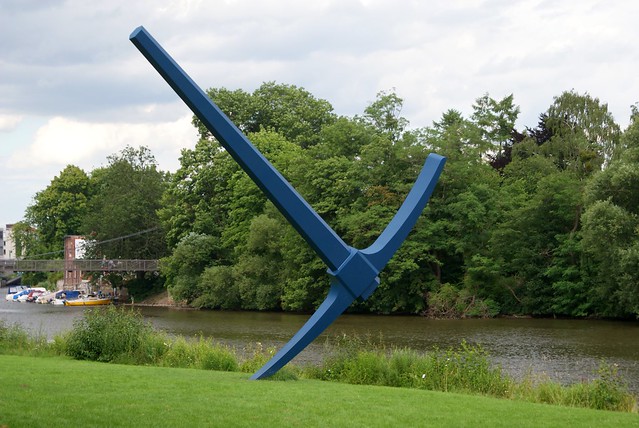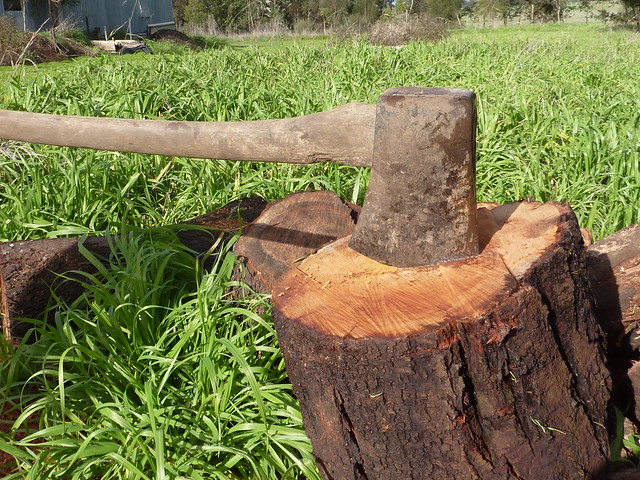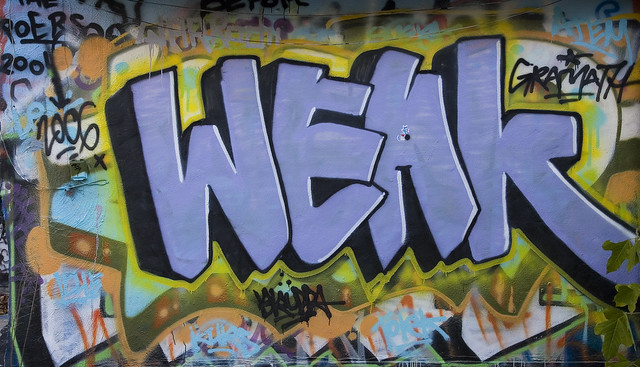Words meaning just, right and related things in Celtic languages.
Words marked with a * are reconstructions.
| Proto-Celtic | *kowwaris, *komwīros = just, rightful, proper, fitting |
|---|---|
| Old Irish (Goídelc) | cóir = even, fitting, just, proper córae = justice córus = justice |
| Middle Irish (Gaoidhealg) | cóir, coair, coir = even, well-proportioned, straight, proper, correct, right, suitable, fitting, just córae, corae = correctness, propriety, justice, lawsuit, claim, right, proper, peace, amity, concord córus, corus = justness, rightness, proper arrangement, propriety, peace, agreement |
| Irish (Gaeilge) | cóir [koːɾʲ/kɔːɾʲ] = justice, equity, proper share, due, proper provision, accommodation, proper condition, proper equipment cóireáil = treatment, treat cóireanta = neat, tidy cóirigh = to arrange, dress, mend, repair cóiríocht = fitness, suitability, accommodation, equipment, fittings, furniture cóiriú = arrangement, dressing, repair cóiriúchán = arrangement, dressing éagóir = injustice, wrong, unfairness, inequity |
| Scottish Gaelic (Gàidhlig) | còir [kɔːrʲ] = right, justice, duty, obligation còireachadh [kɔːrʲəxəɣ] = (act of) arranging, arrangement còiread [kɔːrʲəd] = probity, goodness, kindness còrachadh [kɔːrəxəɣ] = arranging, arrangement |
| Manx (Gaelg) | cair = privilege, property, rights, duty, righteousness, due, right, just, good cair aascreeuee = copyright cair vie = bon voyage, favourable wind, god speed, pleasant journey cairagh = fair, impartial, just, proper, justifiable, justly cairal = right, righteous, upright, upstanding cairys = applicability, fairness, justice, right, uprightness cairysagh = right |
| Proto-Brythonic | *küwėr = complete |
| Old Welsh (Kembraec) | couer = fully-equipped, arrayed, furnished, complete, orderly, prepared, ready, correct |
| Middle Welsh (Kymraec) | kyveir, kyweir, cyweir = proper order, fit state, repair, provision kyweyryau, kyỽeirir, kyweirio = to put in order, arrange, prepare, set to rights, repair, restore, equip kyweiriawdr = one who sets in order, one who promotes unity or harmony; repairer kyweirwr = repairer, restorer, amender |
| Welsh (Cymraeg | cywair [ˈkəwai̯r] = proper order, fit state, repair, provision, seasoning, state of mind, mood, humour, temper, condition, state, plight, key (in music), song, harmony, fully-equipped, arrayed, furnished, complete, orderly, prepared, ready, correct cyweiriaf, cyweirio = to put in order, arrange, prepare, set to rights, repair, restore, equip cyweiriawdr = one who sets in order, one who promotes unity or harmony; repairer cyweiriedig = arranged, set in order, preserved cyweir(i)wr = repairer, restorer, amender |
Etymology: possibly from Proto-Celtic *kom- (with, together), from PIE *ḱóm (beside, near, by with), and PIE *wīros (true) [source]. Words from the same roots include word for true and related things in Celtic languages, and beware, guard, reward, ward and weir in English [source].
| Old Irish (Goídelc) | cert [kʲer͈t] = fitting, proper, right |
|---|---|
| Middle Irish (Gaoidhealg) | cert = correct, right, proper, fitting, fair, just, straight, even, exact, precise |
| Irish (Gaeilge) | ceart [caɾˠt̪ˠ/cæɾˠt̪ˠ] = right, just, proper, true, correct, true, real, good, excellent ceartaigh = to correct, rectify, amend, expound, mend ceartaiseach = insistent on one’s rights, self-righteous, dogmatic, conceited, priggish ceartaiseacht = self-righteousness, conceit, priggishness ceartaitheach = corrective, amending ceartaitheoir = corrector, rectifier, reformer, chastiser ceartas = justice, rights |
| Scottish Gaelic (Gàidhlig) | ceart [kʲar̪ˠʃd = right, justice, propriety, righteousness, accurate, correct, proper, right ceartachadh [kʲar̪ˠʃdəxəɣ] = correcting, putting right, rectifying, correction ceartachair = corrector, rectifier, regulator ceartachd [kʲar̪ˠʃdəxg] = correctness ceartas = [kʲar̪ˠʃdəs] = justice, right, equity |
| Manx (Gaelg) | kiart = accurate, concession, correct, due, equity, even, exact, just, orthodox, precise, right kiartaghey = to accommodate, adjust, amend kiartys = accuracy, correctness, exactness kiartyn = rights |
| Proto-Brythonic | *kerθ = right, true, certain, vehement, terrible, awful, fine, wonderful |
| Middle Welsh (Kymraec) | kerth = right(s), true, certain, vehement, terrible, awful, fine, wonderful kerthrwydd = integrity, justice, awfulness |
| Welsh (Cymraeg | certh [kɛrθ] = right(s), true, certain, vehement, terrible, awful, fine, wonderful, truth certhrwydd = integrity, justice, awfulness |
Etymology: from Latin certus (certain, fixed), from Proto-Italic *kritos, from *krinō (to sift, separate, distinguish, discern), from PIE *krey- (to sift, separate, divide) [source]. Words from the same roots include certo (certain, sure, reliable) in Italian, cierto (true, certain, specific) in Spanish, and certain, crime, crisis, discreet and secret in English [source].
Words marked with a * are reconstructions.
Sources: Wiktionary, Am Faclair Beag, Online Manx Dictionary, Teanglann.ie, eDIL – Electronic Dictionary of the Irish Language, In Dúil Bélrai English – Old Irish glossary, Geiriadur Prifysgol Cymru, Gerlyver Kernewek, Lexicon Cornu-britannicum: A Dictionary of the Ancient Celtic Language of Cornwall, Dictionaire Favereau, TermOfis, Le dictionnaire diachronique du breton, Etymological Dictionary Of Proto Celtic






